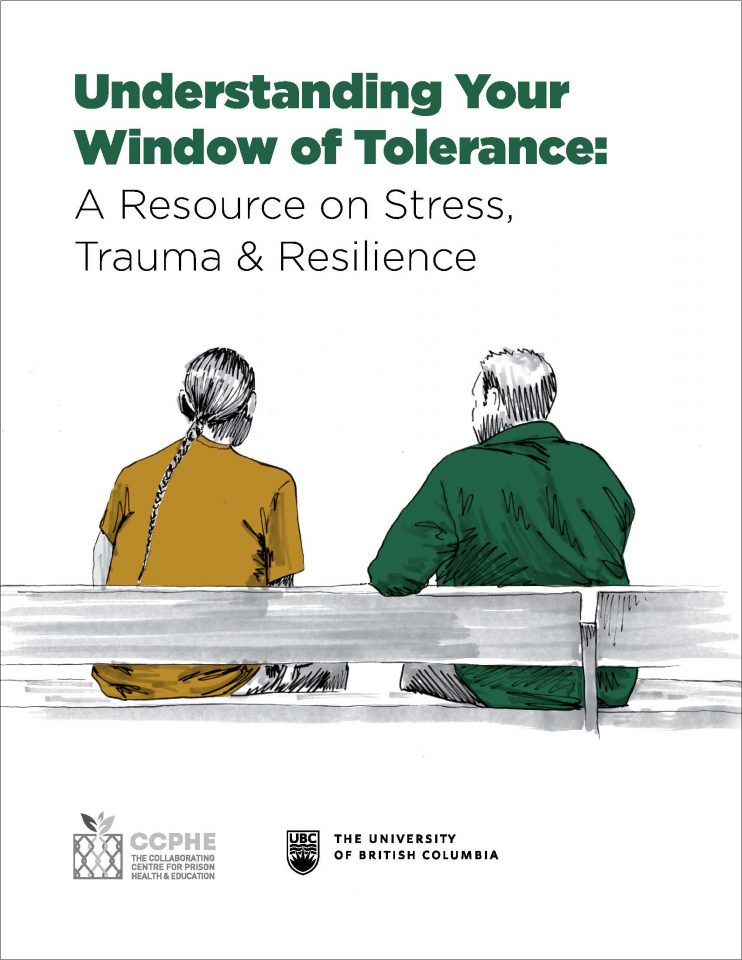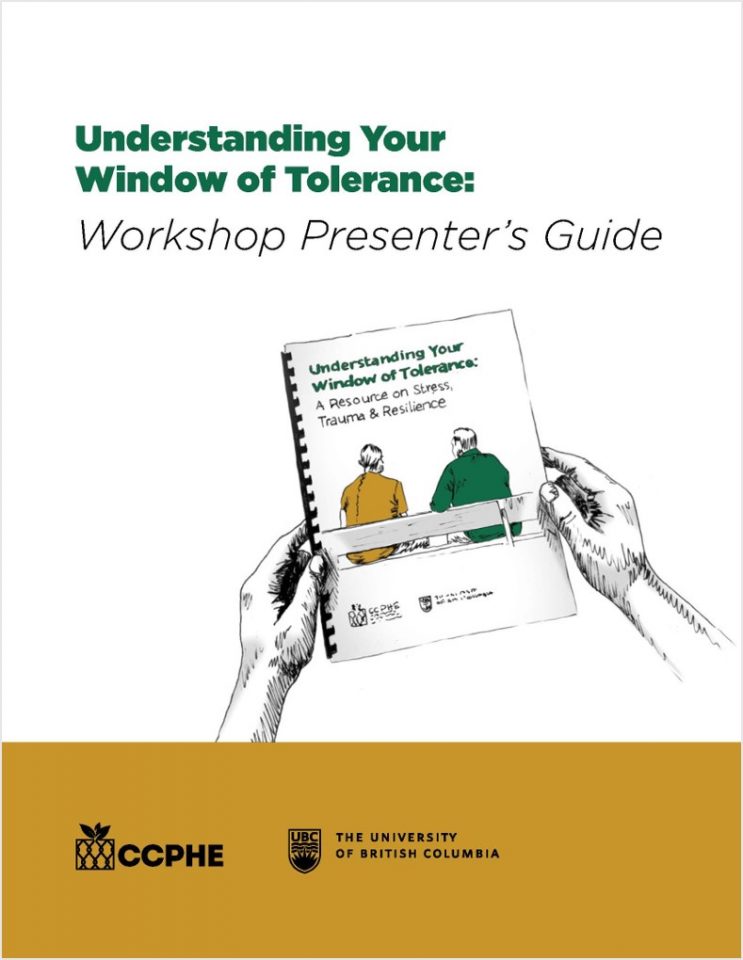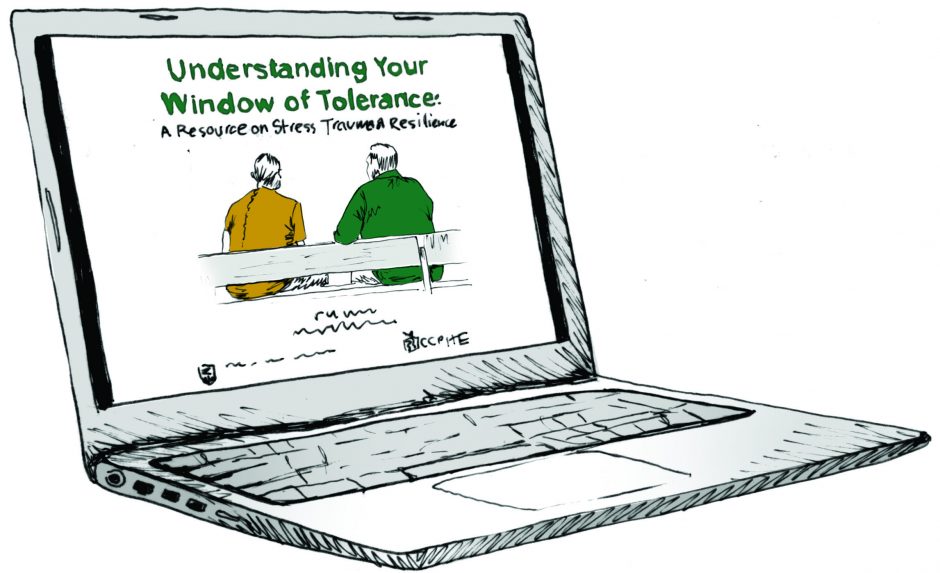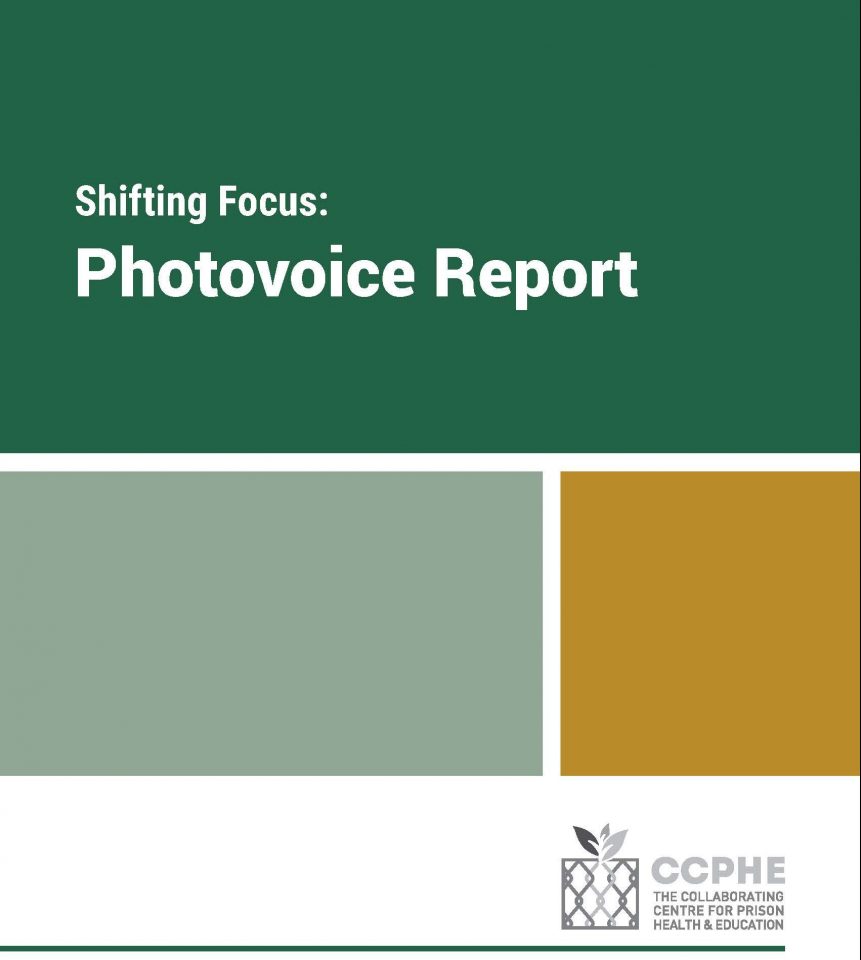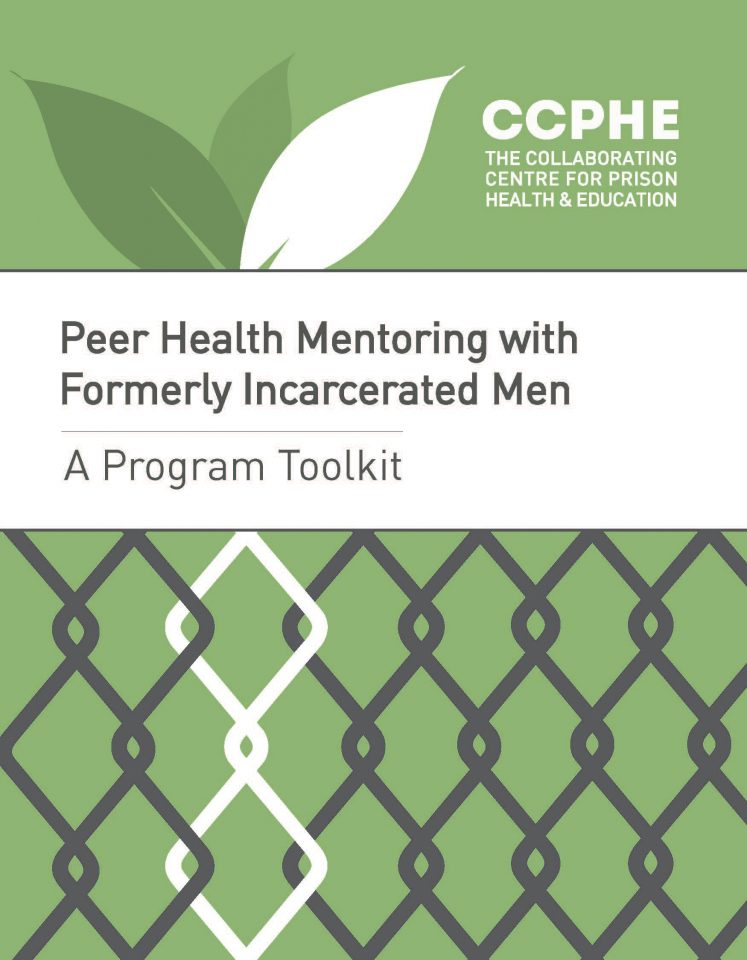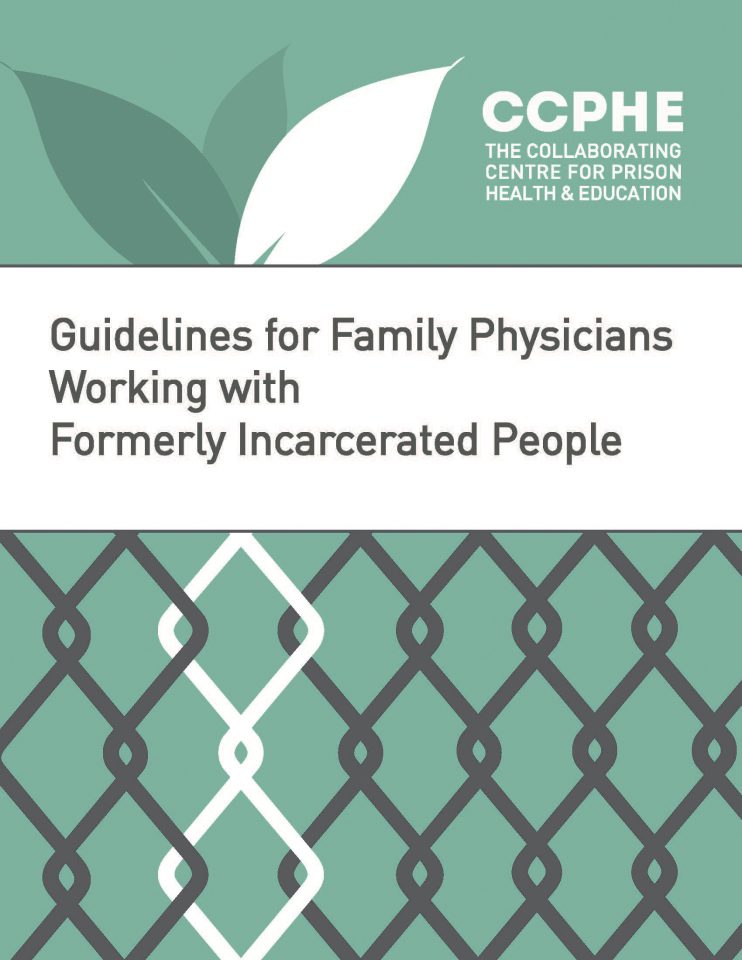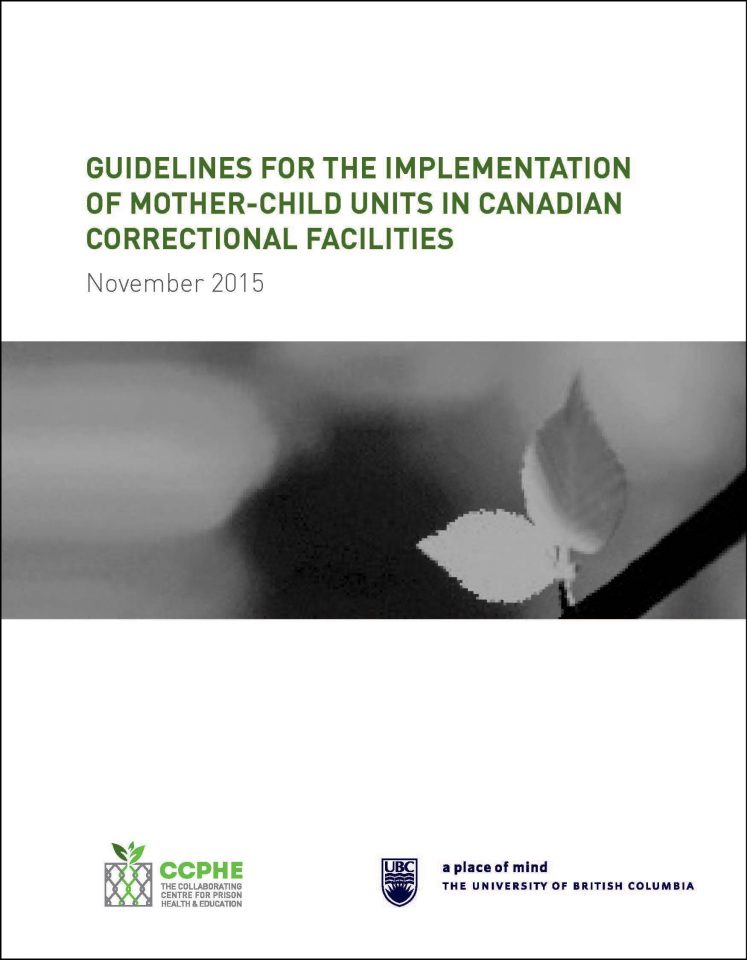Guidelines and Resources
Understanding Your Window of Tolerance: A Resource on Stress, Trauma & Resilience. (2023)
This training resources is designed for men who have been to prison and are working in peer support roles. It contains health information about stress, trauma and resilience and is intended to train men in trauma-informed peer support. Understanding the impact of traumatic stress and the ways people cope with it can help us better understand where other people are coming from.
All three components of this resource should be downloaded for use together. Please reference the Presenter’s Guide for guidance on how to use the resource.
Shifting Focus: Snapshots of Resilience. (2020)
Shifting Focus is a photovoice project that took place in 2020 with 6 formerly incarcerated men. Participants created photo collections that expressed their own resilience through trauma and challenge the stigma associated with incarceration and substance use. We created a photo book containing all the photo collections as well as a final report that details the photovoice process.
Peer Health Mentoring with Formerly Incarcerated Men: A Program Toolkit. (2018)
This toolkit outlines the key learnings from a Peer Health Mentoring pilot program and contains: lessons learned; a summary of the Peer Health Mentor training workshop series; and, resources and tools for organizations interested in developing their own Peer Health Mentoring program.
Guidelines for Family Physicians Working with Formerly Incarcerated People. (2017)
This set of guidelines is intended to increase awareness of the needs of formerly incarcerated people as a patient population and improve their experiences within the health care system.
Guidelines for the Implementation of Mother-Child Units in Canadian Correctional Facilities. (2015)
These guidelines outline the guiding principles and practices required for optimal child and maternal health inside correctional facilities, including: correctional context, pregnancy, birth, education, correctional and medical care, discharge planning and community partner engagement.
